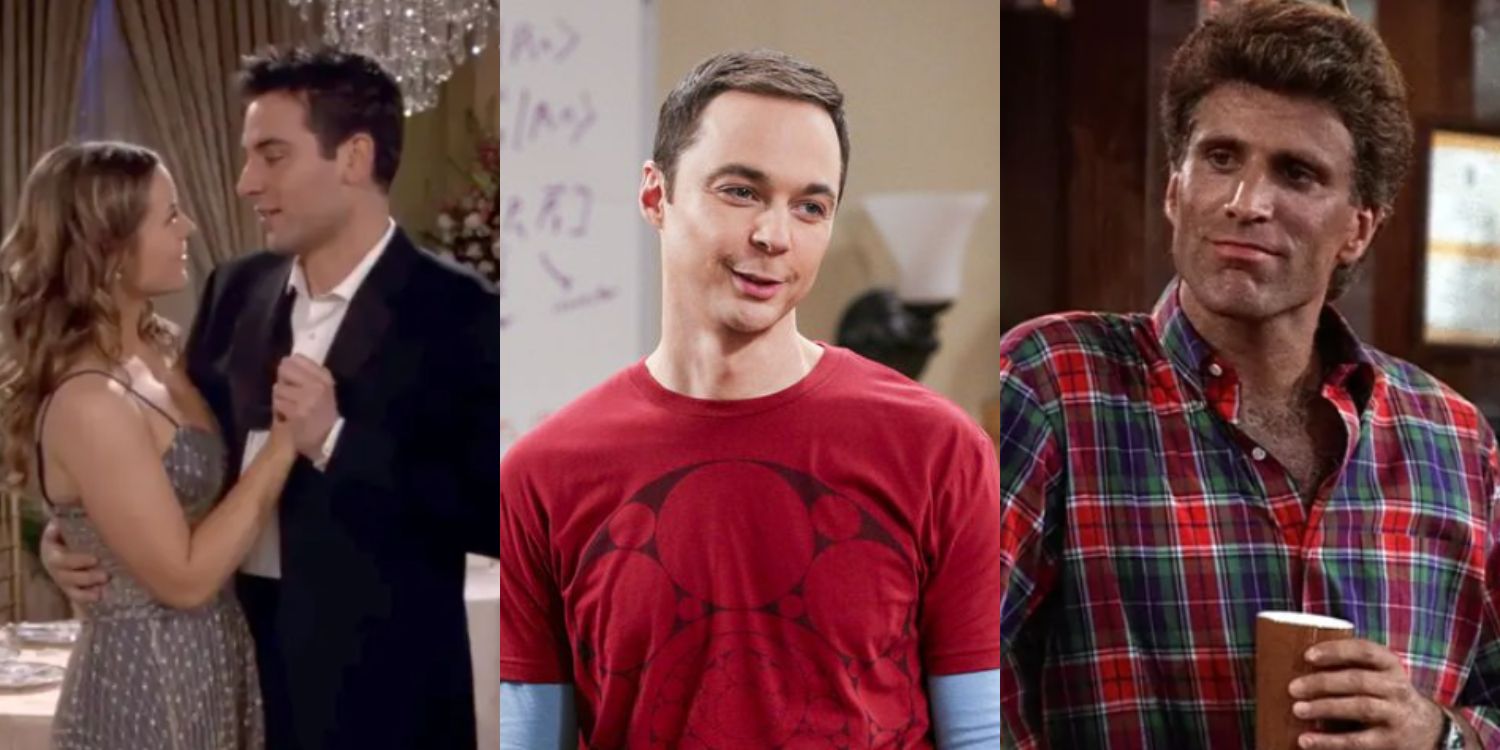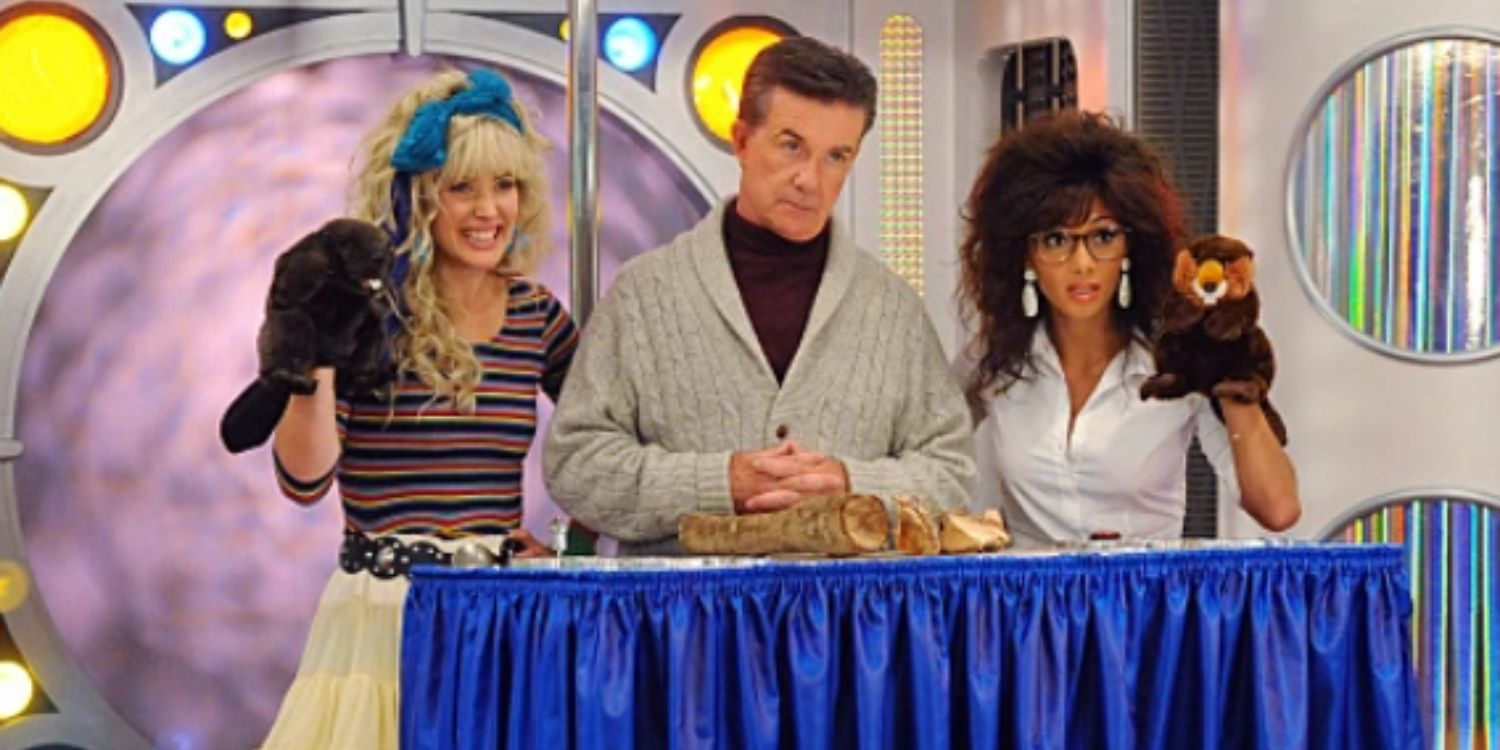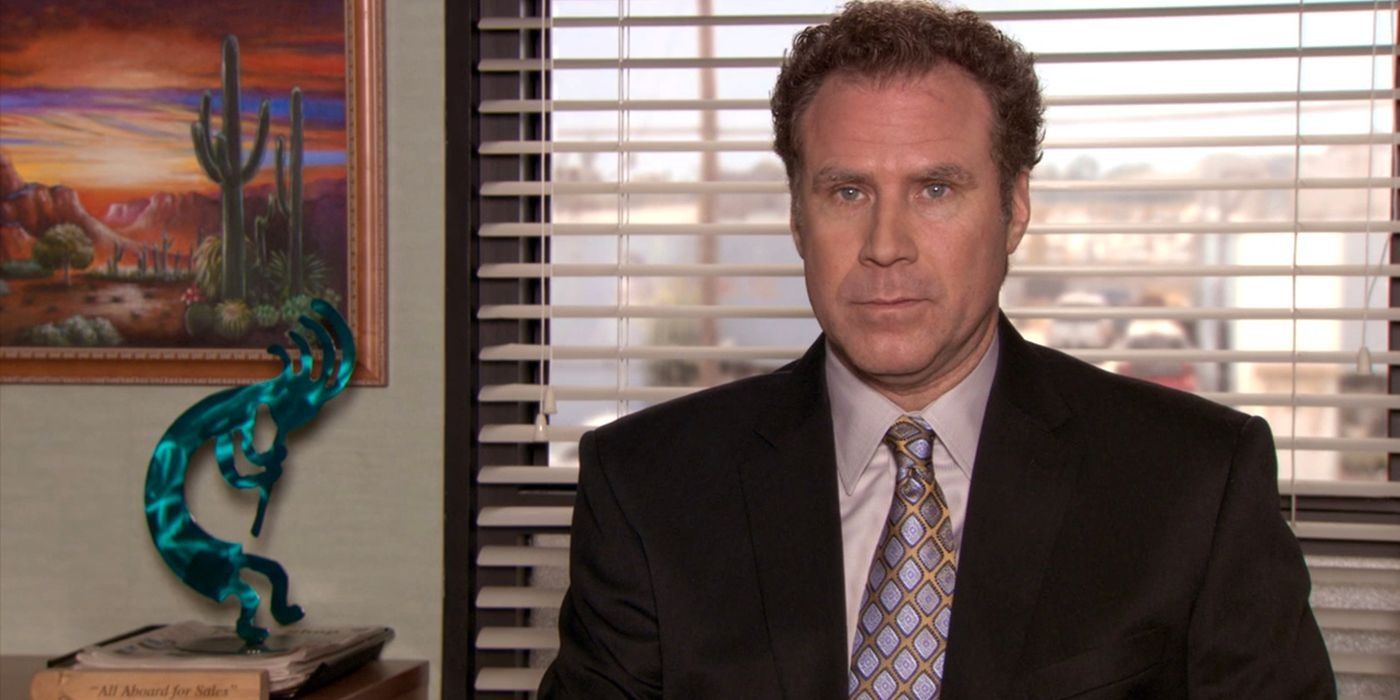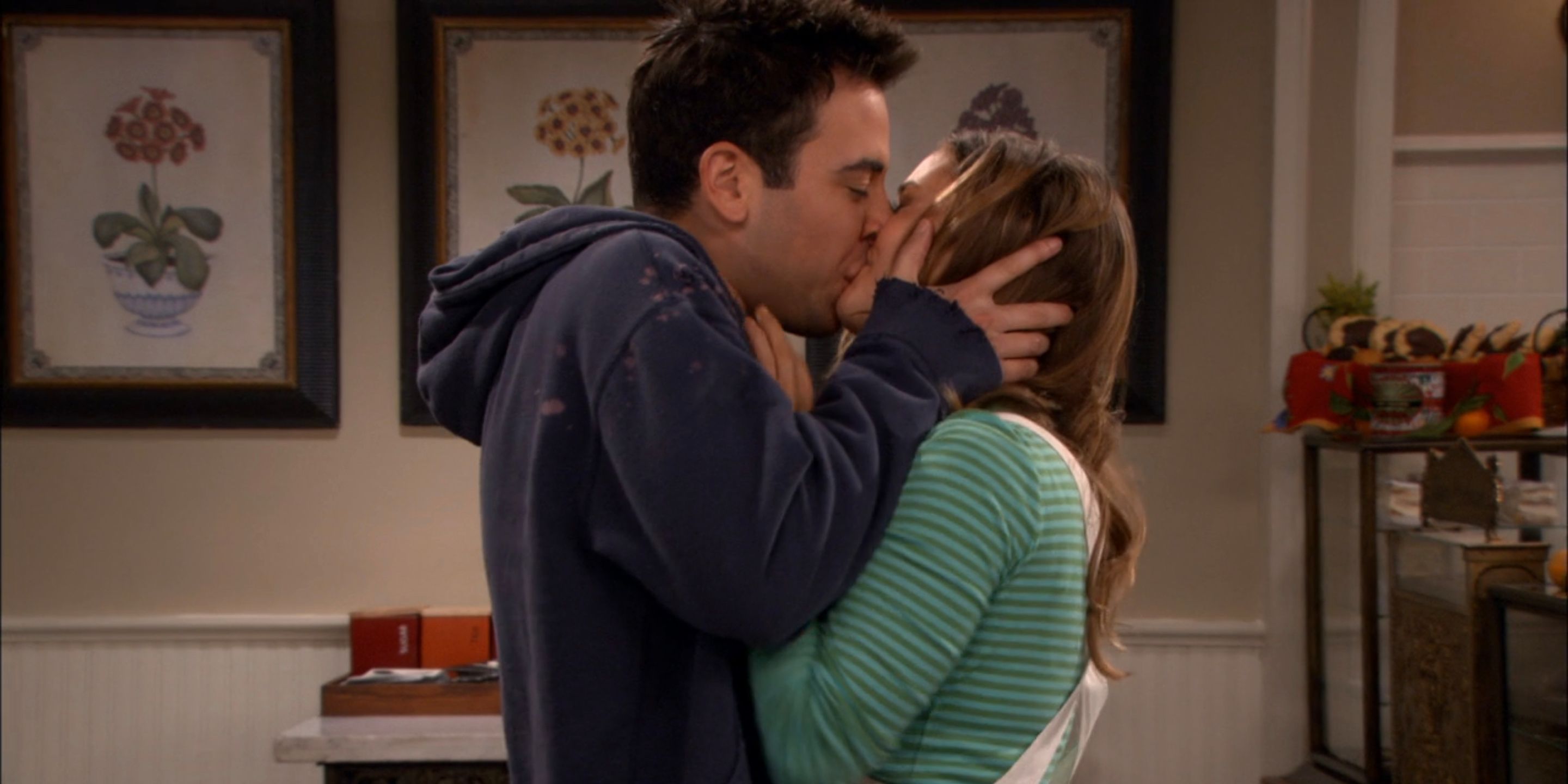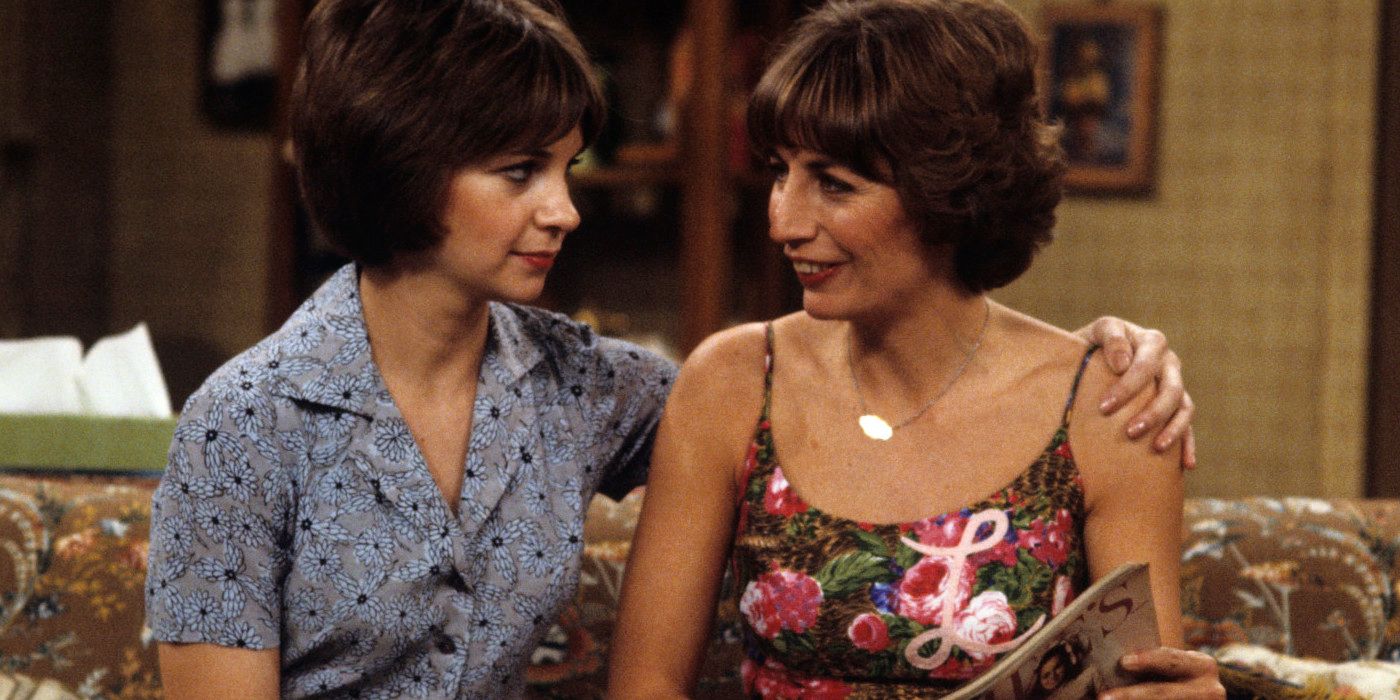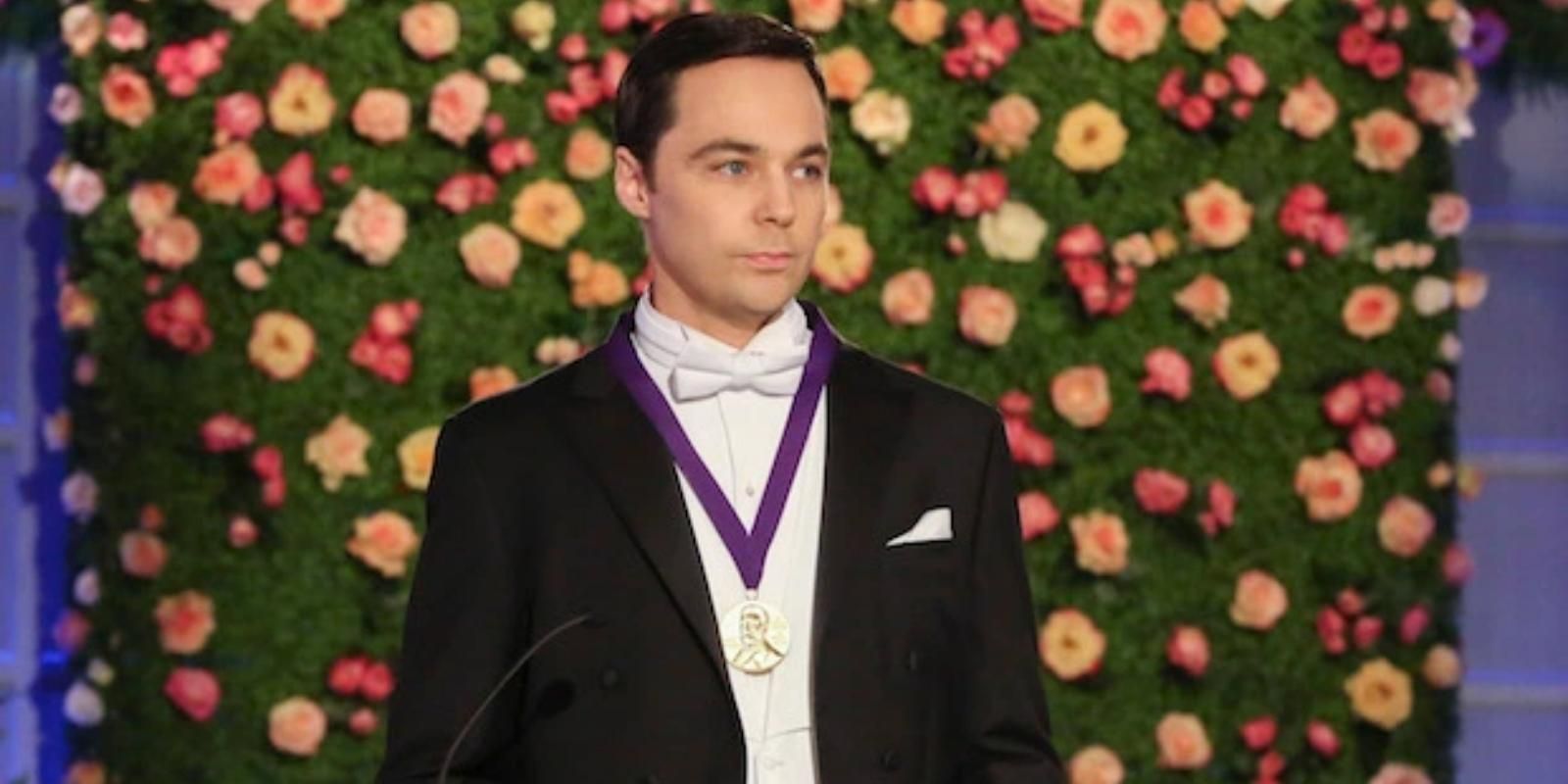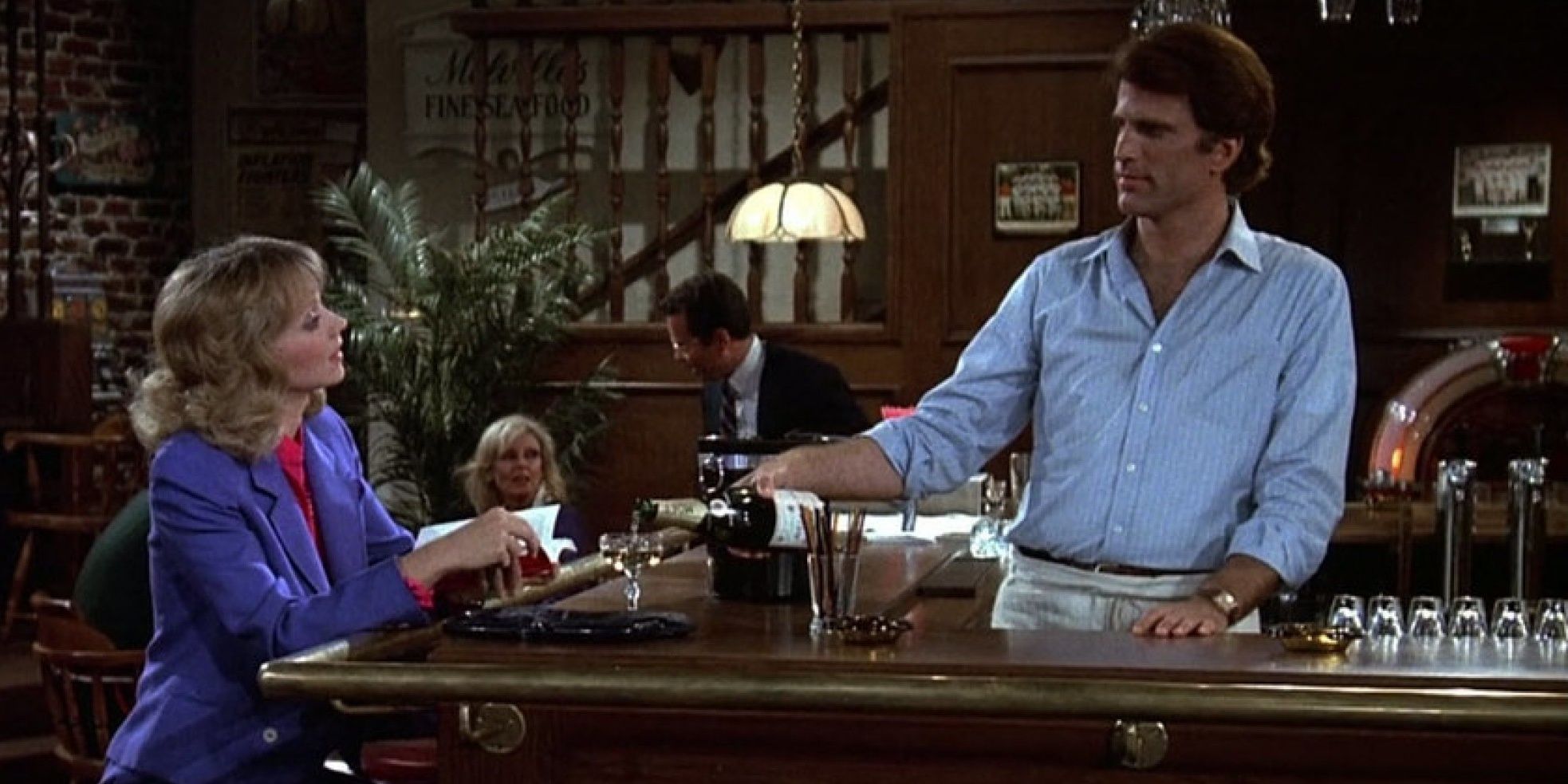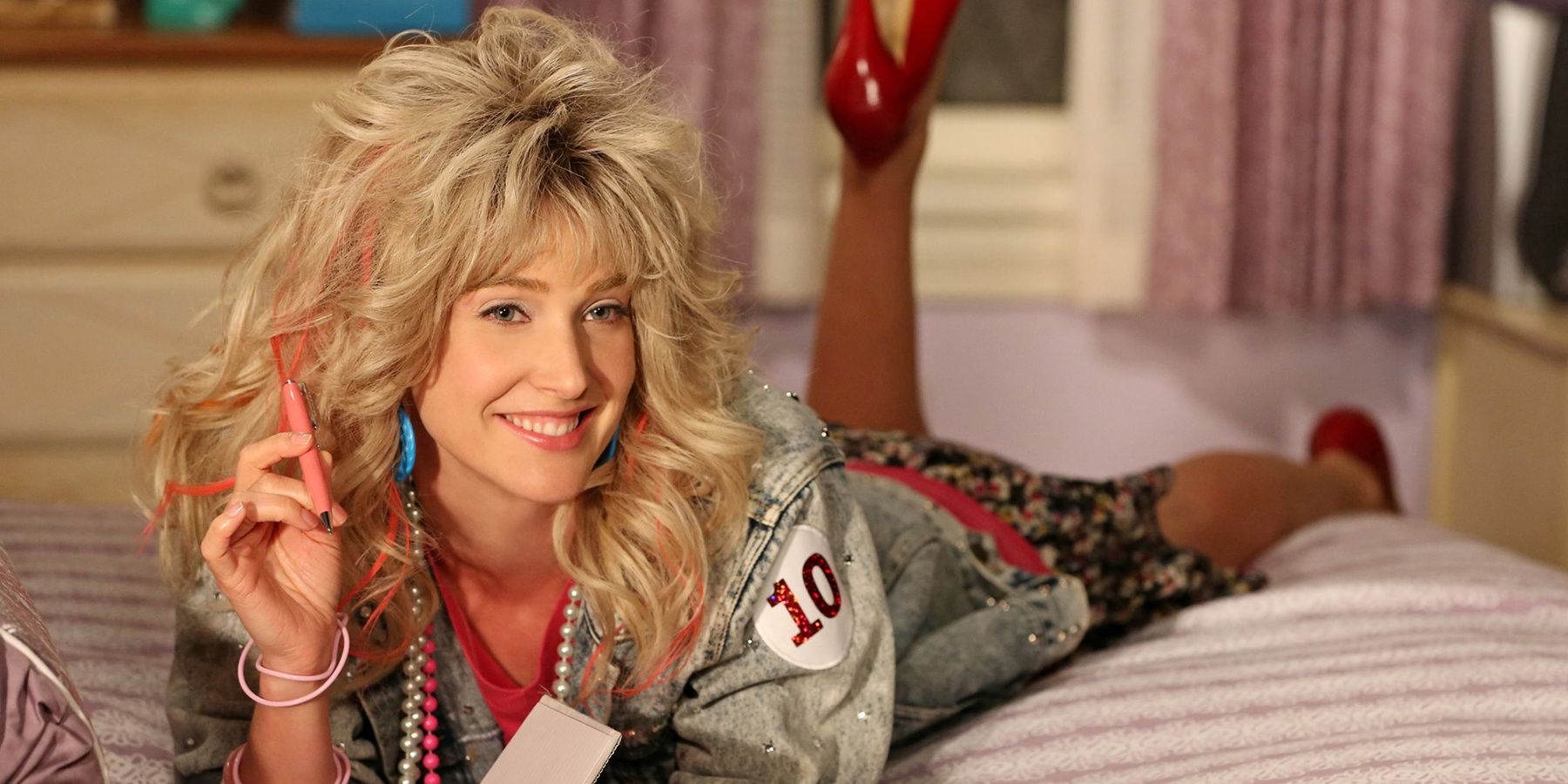With many '80s and '90s TV classics receiving reboots, including the upcoming One Day at a Time and Frasier, it's good to remember how they signed off in the first place. It’s hard to name a massive hit that experienced a pleasant trajectory of character development and satisfying plot denouement as some can be victims of their own success (and could turn fans into dejected hate-watchers).
Even the most popular premises get old, so showrunners try to steer the cast and plots in a different direction—but this change often takes away the very alchemy that made the show so watchable to begin with. The rise of streaming, with fewer episodes per season and a more predictable lifespan, will hopefully snuff out these warning signs.
The Cavalcade of Guest Stars
Also known as The Final Form of Will and Grace, this is the supernova burning itself out. The show, typically an institution or some form of cultural maker, has reached the apex of its influence, and life is now a matter of writing scripts around whichever guest star has alighted in the studio.
While there are occasions where it can pay off, unfortunately, as shown in The Big Bang Theory, Will and Grace, or How I Met Your Mother, it can fall flat too. Not only do these guest/cameo appearances look jarring and make viewers question the validity of the story, but fans also struggle to immerse themselves in the narratives too as the celebrities' presence reminds them that they are watching a TV show.
The New Boss Trope
Michael Scott’s final season of character growth should have ended The Office. Instead, Will Ferrell arrived with three different personalities before everyone just gave up and he vanished.
The New Boss trope has papered over many an unsustainable glide into graceful retirement. Any show set at a workplace or in a non-family environment can easily fall into this trap if fresh storylines are slow to develop. A corporate takeover is often the first form of triage for a program in decline.
The Cyclical Plots And Dynamics
Drastic plot shifts sometimes take place when showrunners give the main character a goal and then build up the seasons towards them achieving it. However, there has been the occasional sitcom comedy that sometimes plays around with the formula so much that it essentially traps itself. A prime example of this is How I Met Your Mother.
Given that How I Met Your Mother became popular because fans were so invested in finding out who was the person that stole Ted's heart, the writers had to ensure that every person Ted dated was quite unique. Unfortunately, given that the show kept on getting renewed, Ted's romances essentially came with an expiration date since it was clear that he had not found The One just yet (otherwise there would be no purpose in him telling the story to his kids). While fans didn't mind waiting out since they knew that their patience would eventually be rewarded, it does become evident that a show's time is running out when they are including plenty of filler episodes with repetitive storylines.
Laverne Without Shirley
Legendary shows at the end of their run sometimes gut their entire premise in an effort to stay on the air. The most egregious example of this is seeing half of a pairing vanish, as in Laverne & Shirley.
If the whole premise of the show is about two single working women trying to just make it in the world and one of them gets married and dips out, it is practically a sign for a show to come to an end (as it is likely that it would be hard to recapture the magic that fans had essentially fallen in love with).
The Urkel Effect
Breakout characters are a mixed blessing: Viewers embrace a show because of wacky Urkel or cool Fonzie, but heaping more Kramer schemes or Sheldon quirks into the plot is never a healthy development.
The healthy balance of a good cast is almost impossible to maintain, and, as breakout characters are seldom the primary focus of the show, what was once the whipped cream becomes the main course. And that’s a good way for everyone to get sick of it.
The Replacement Romance
Sometimes the natural progression of the partners within an ensemble cast creates a calming effect—Leonard and Penny’s marriage in The Big Bang Theory enabled the writers to move on to other themes—but Sam and Diane’s tumultuous romance was one of the primary engines of Cheers.
When Shelley Lane’s departure forced the writers’ hands, Diane was written out and Rebecca Howe ushered in as Sam’s new love interest. While there was still some good drinking yet to go, this marked a monumental shift in the atmosphere and progression of Cheers. Sam’s realization in the finale—that the real love of his life was his bar—could have easily been achieved seasons earlier.
The Inside Joke Goes Way Outside
It’s no longer a quirky moment of inside fan fun when people start wearing Bazinga! shirts and Jerry Seinfeld gets an NBC sitcom on Jerry Seinfeld’s NBC sitcom. Unfortunately, it can be difficult for writers to let go of this idea.
A prime example of this being in How I Met Your Mother, where Robin desperately attempts to cover up a short career as a teenage pop star. While it was initially a brilliant and hilarious gag, by the fourth time the writers went back to this, the sparkle was long gone.
Showtime!
This form of flailing has its roots all the way back to radio programs, when many stars brought vaudeville experience to hand. In the '70s, the most popular form of Let’s Put On a Show was for the principal characters to form some sort of band, no matter how untalented.
This horror development is less of a fallback now that the whole world is ironic, but Schitt’s Creek climbed that ladder and slid down that chute with a season-long production of Cabaret.

